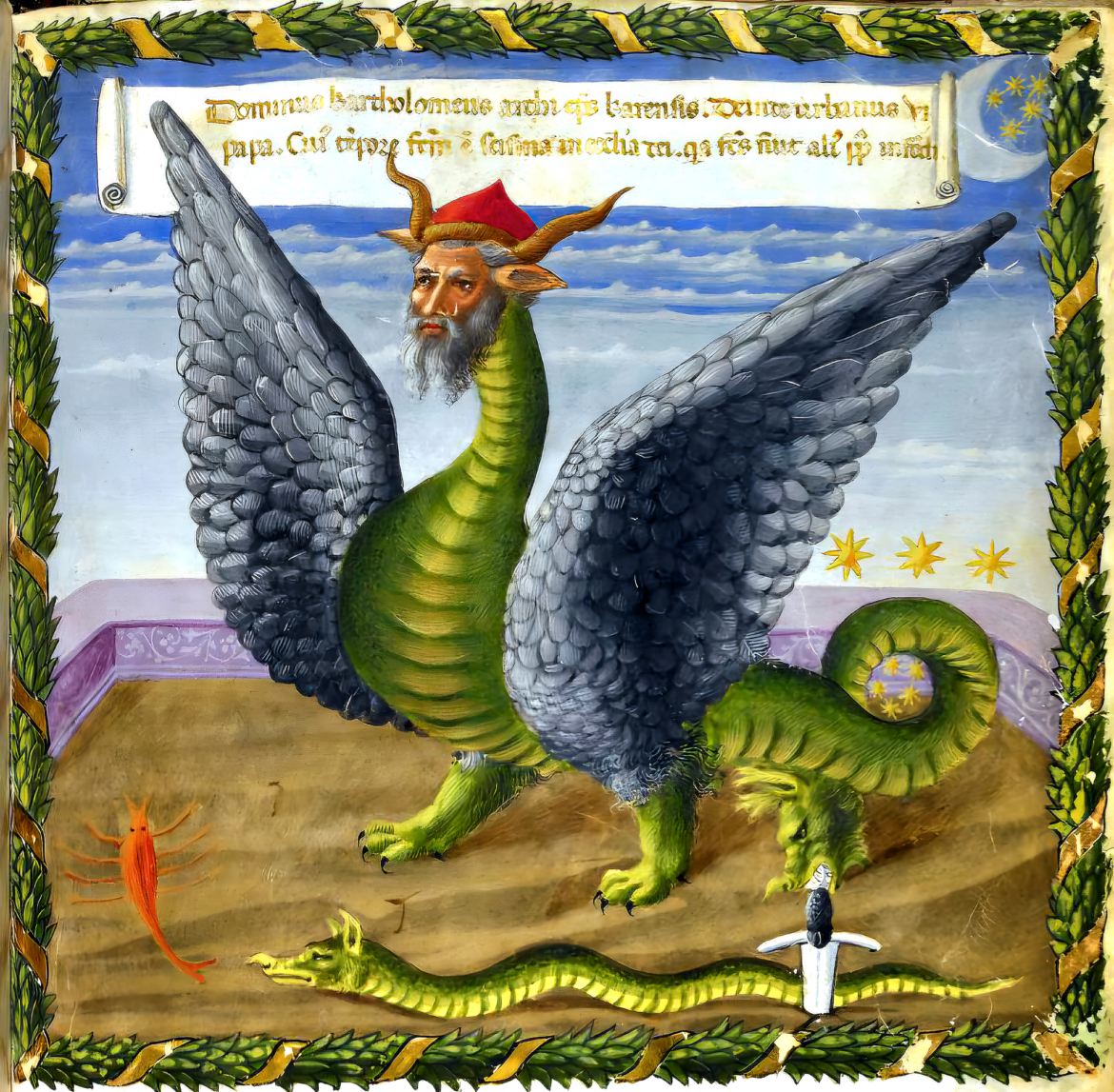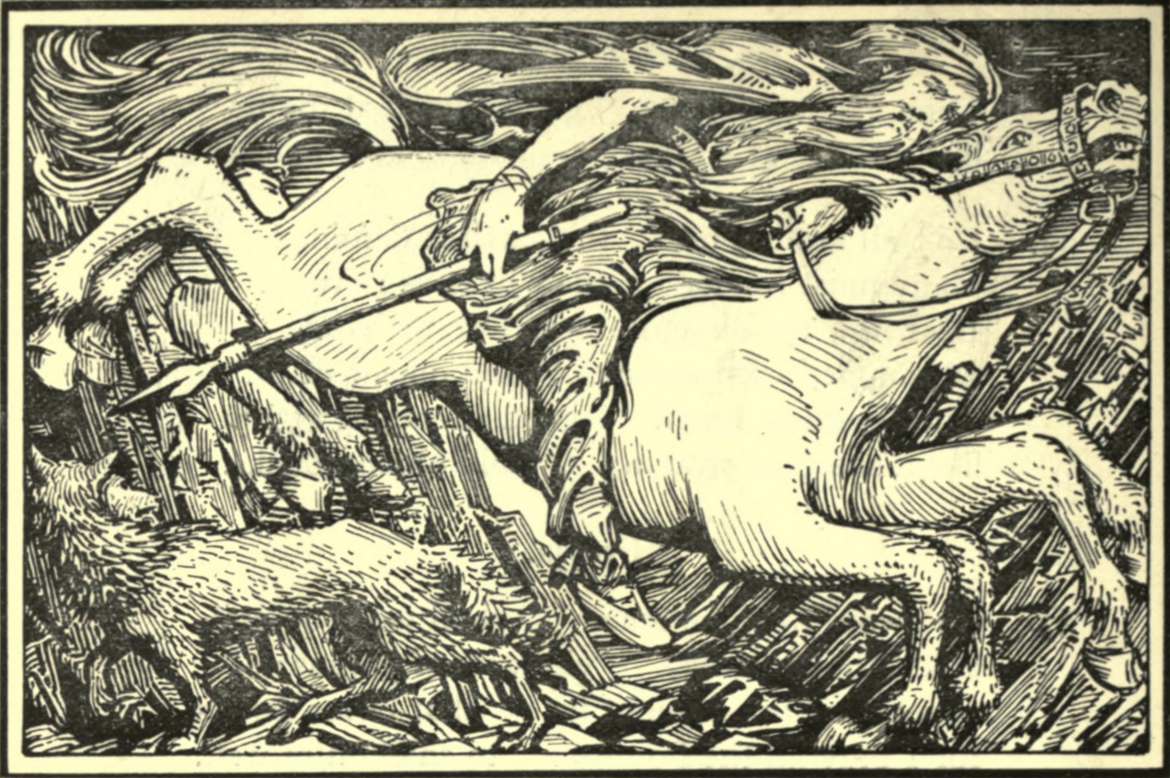Living
Friendly Advice for Beginning Heathens
|
Karl E.H. Seigfried reflects on his 15 years of running the popular Norse Mythology Facebook Page and offers advice to new Heathens, including why you shouldn’t advertise your faith like a brand and why you should start making interlibrary loans.




